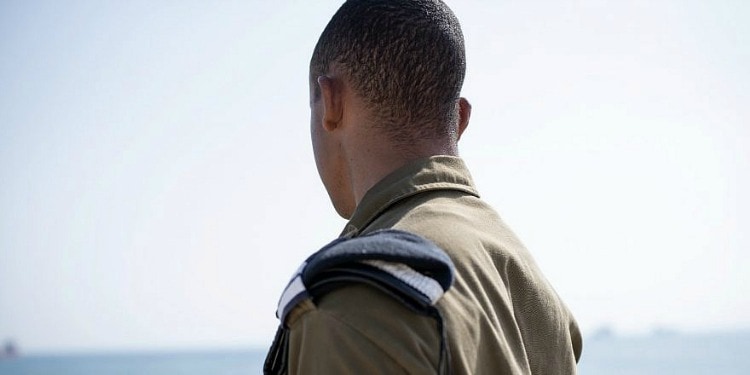From Skateboard to Submarine
The Fellowship | August 16, 2018

The young men and women of Israel go through extensive and intensive training when they join the IDF, training that is critical for them to perform the tasks that protect the Jewish state. In this story from JNS’ Yaakov Lappin, we learn how overcoming a serious sporting injury prepared a young Israeli for the grueling training he would undertake in order to fill one of the most important roles in the Israeli military:
When Lt. S (full name withheld), a professional skateboarder, slammed into a safety barrier while traveling at 60 kilometers an hour during a sports event—breaking his back, pelvis and shin a few years ago—he knew he had a long road of recovery ahead of him. He also knew that his dream of having a meaningful service in the Israel Defense Forces would need to wait.
Now though, the experience of getting back on his feet helped him gain the mental fortitude that he would later call upon to complete a grueling Israel Navy training course and become a submarine officer—one of the most sensitive and critical roles in the Israeli military…
After winning competitions and competing abroad, S’s sports career abruptly ended in 11th grade, when the severe accident occurred during a day of filming on the skateboard. He began a year-long process of surgery, hospitalization and rehabilitation.
He delayed his military service by a year, giving him time to recover, and for the orthopedic specialists to remove a metal pole and axis they had placed inside his leg…
He eventually received an invitation from the navy to join its officer’s course, and began training to become a submarine officer.
“The first six months were very physical. There were lots of swimming exercises in Eilat and rubber-boat drills,” he recalled. After that, the cadets were divided up into areas of specialty, with Lt. S sent to the submarine course. “There is still a physical element, but this is more of a mental stage. It is harder. Committees checked our professional abilities, and we had to learn lots of material in a very short time. We had to acquire working tools. I had to believe in myself to manage this in the best way I could,” he said…
